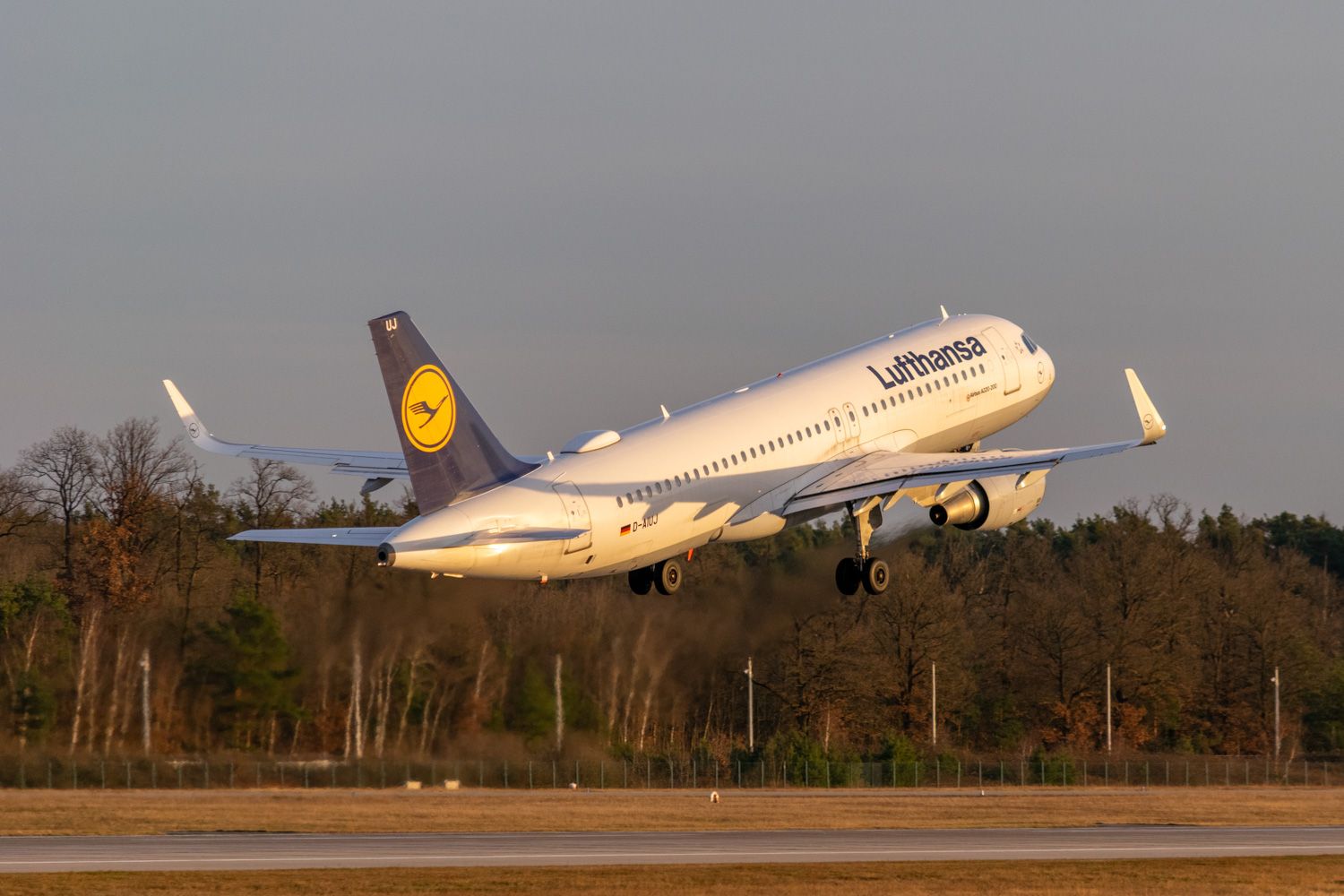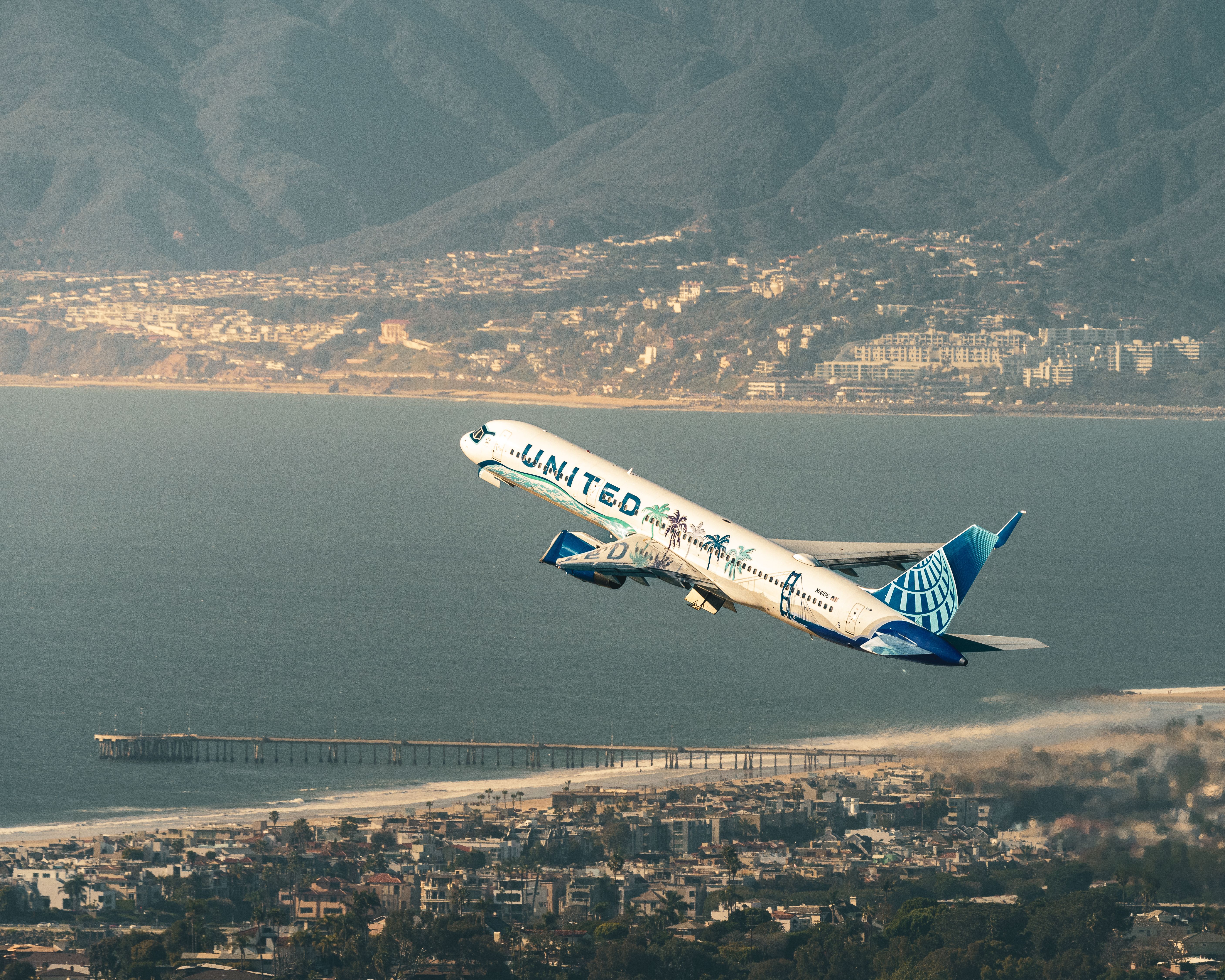Summary
- The European Commission has put pressure on Lufthansa-ITA merger to refuse the Italian airline’s admission to the transatlantic joint venture.
- Lufthansa’s purchase of ITA Airways is being questioned due to EU competition rules.
- The current proposal seeks to separate ITAs transatlantic operations for two years, but the Commission wants more.
The Italian daily Corriere reports that the European Commission is continuing to push back on the Lufthansa-ITA merger, in particular on transatlantic flights. Both Lufthansa and ITA believe the Commission is overstepping, requesting concessions which make the agreement financially unviable.
![]() Lufthansa
Lufthansa
officially revealed its intention to purchase 41% of ITA Airways back in November 2023, at which point the European Commission began its lengthy process of studying the agreement and whether it respects EU competition rules. The German carrier, which also owns Brussels Airlines, SWISS and Austrian Airlines to name a few, hopes to take full control of the Italian airline further down the line.
A transatlantic problem
As the domestic and European market becomes ever-dominated by low-cost giants including Ryanair and easyJet, traditional full-service carriers have looked to develop their long-haul networks in order to keep their operations financially viable.
Photo: Vincenzo Pace | Simple Flying
ITA Airways is no exception, having grown its route map in North America significantly in the lead-up to the Summer 2024 season. Just recently, the carrier opened flights to both Toronto and Chicago.
Lufthansa and its partners currently benefit from the so-called “Atlantic Joint Venture” known as A++. This agreements allows Lufthansa Group companies Austrian Airlines, Lufthansa, SWISS, Brussels Airlines and Eurowings to join forces with
 Air Canada
Air Canada
and
![]() United Airlines
United Airlines
to “offer a flexible and unbeatable choice of route combinations between Europe and North America.” Initiated in 2010, the agreement has been highly lucrative and has allowed the companies to maintain their leading positions in the market.
As it stands, A++ controls more than 80% of the transatlantic market. The Italy-US market is extremely important for ITA Airways, representing the fifth largest international destination from the European country.
By joining the Lufthansa Group, ITA Airways too was expected to benefit from the Joint Venture. The Commission, however, sees otherwise. Corriere, citing sources, describes Brussels as being “inflexible” on its issues with connections to North America.
The compromise
Lufthansa and the Italian Finance Ministry put forth their own proposals for sacrifices in order to come to an agreement. They agreed to keep ITA Airways’ operations across the Atlantic separate from that of the Lufthansa Group for two years.
The proposal on the table also highlights the possibility of essentially giving up passengers traveling between Italy and the US/Canada to Air France, KLM, Iberia and British Airways through commercial agreements.
Photo: IanC66 | Shutterstock
Despite this, the EU is not satisfied. In an interview with Corriere, Executive Vice President and European Commissioner for Competition, Margrethe Vestager denied that Brussels was being stricter than previously in its approach:
“Obviously each case has to be seen individually. It depends on several factors. For example: does the merger lead to an overlap on routes? And if so, does it create a monopoly in that market? In short, it depends. Of course, we also learn from what we have done before.”
Trade unions continue their push
11 trade unions from both Lufthansa and ITA have sent a letter to the EU’s Competition authority, urging Brussels to approve the deal, according to euronews. The letter noted that:
“A quick a positive decision [can] signal that you, the EU Commission, are focusing on strength, competitiveness in a fair market environment and growth in Europe.”
The letter comes after Brussels decided to push the deadline for its decision from June 6 to July 4. Italian Transport Minister Matteo Salvini said that he would consider it a “hostile act” should the Commission block the deal.

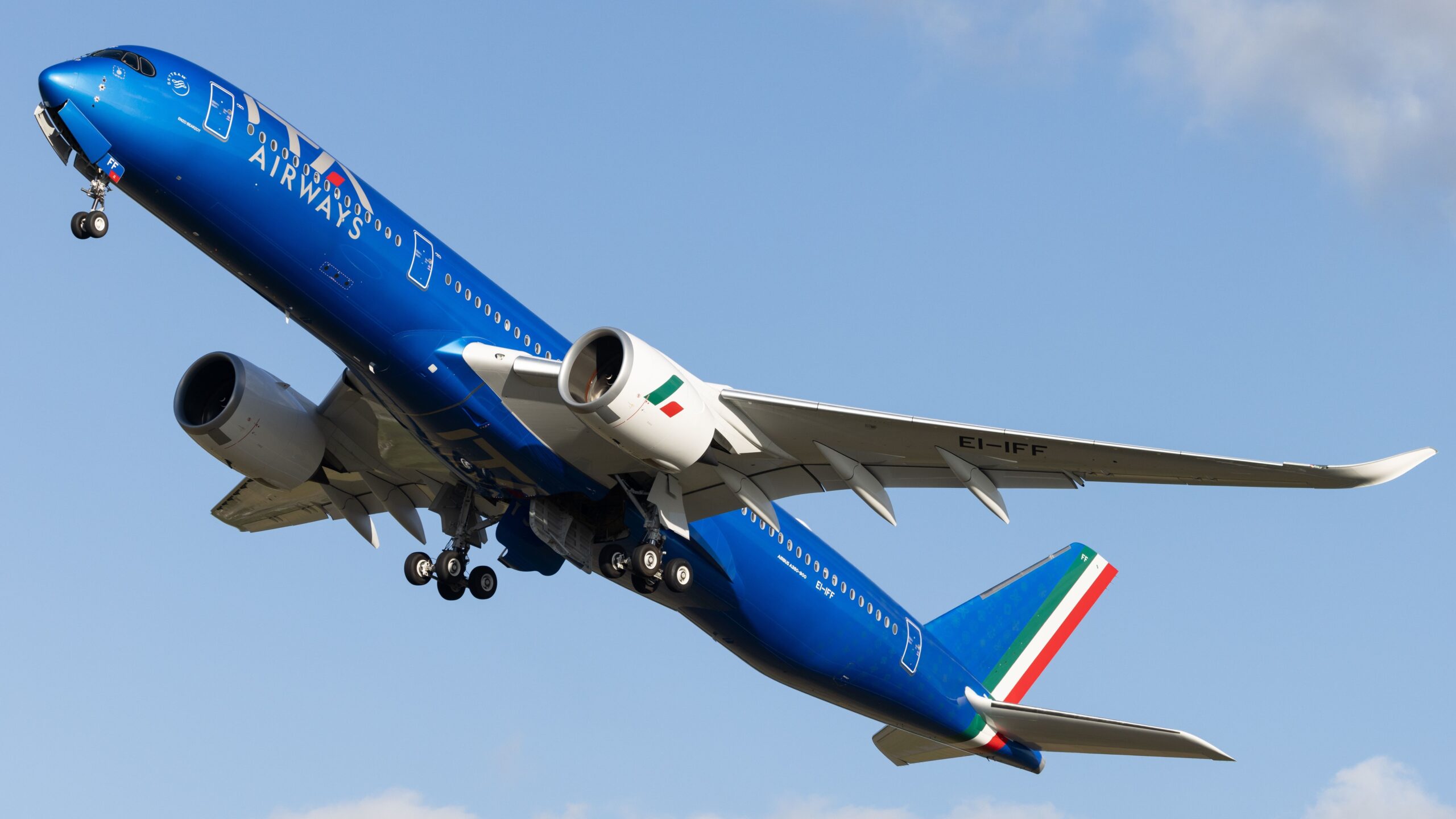
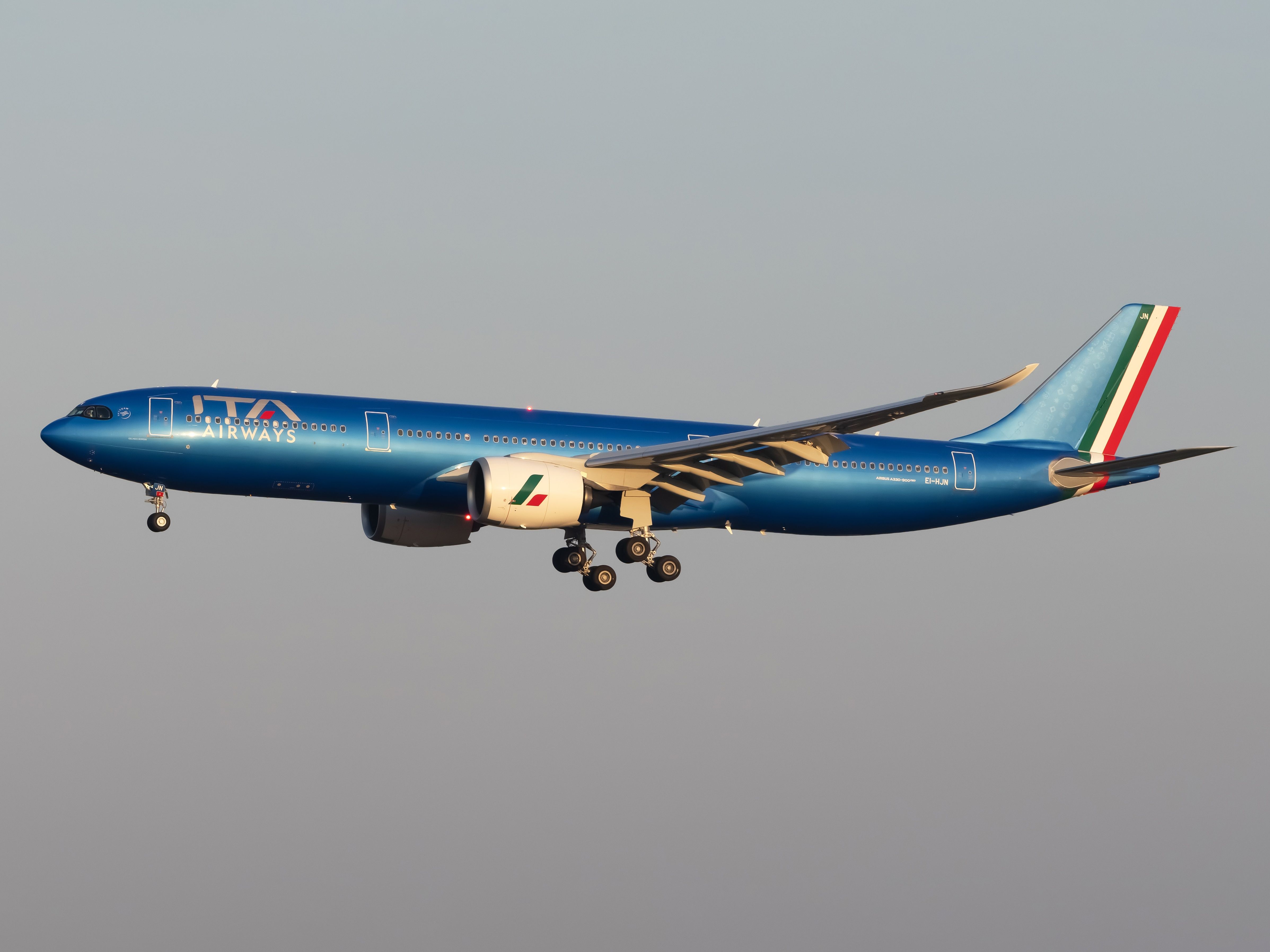
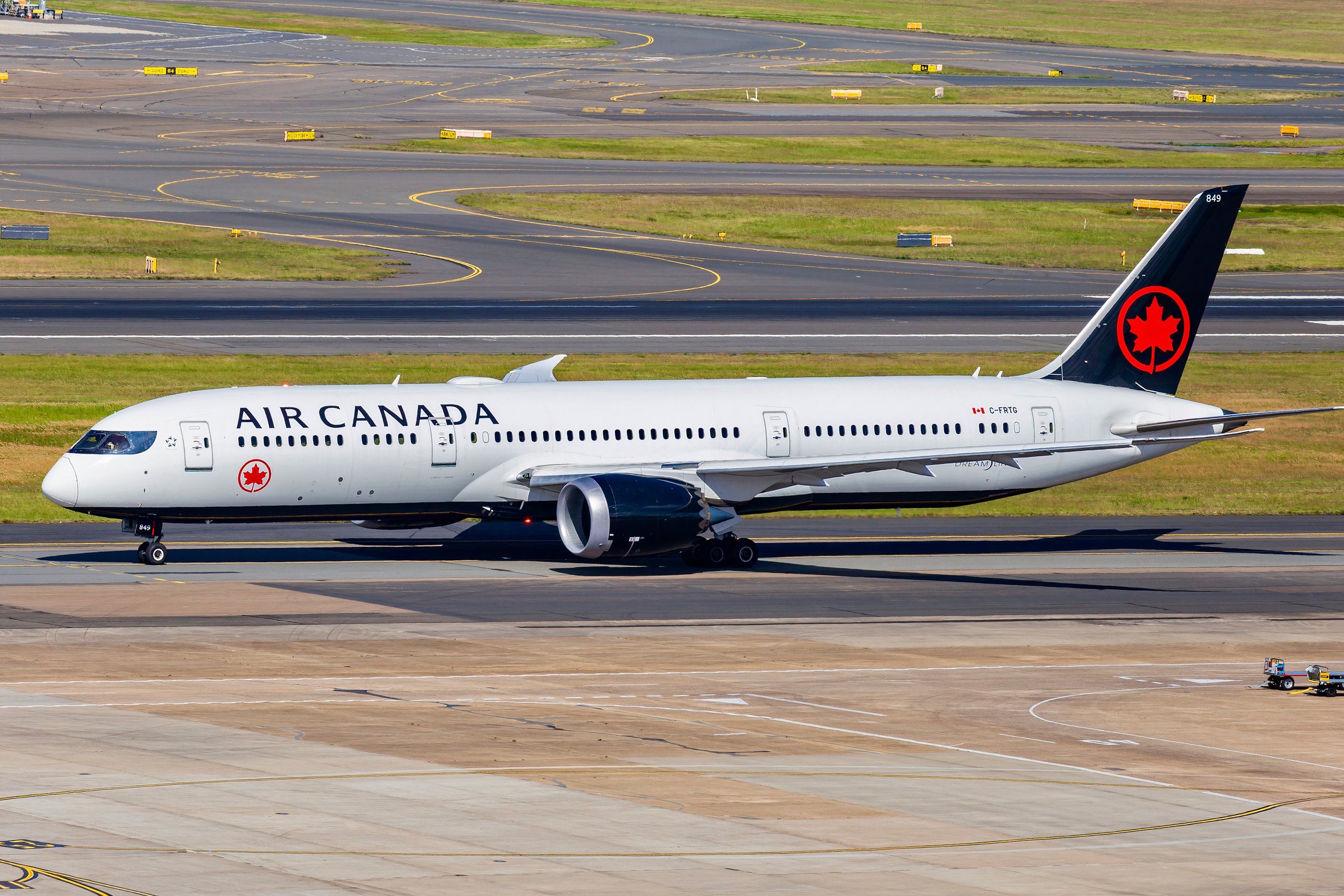
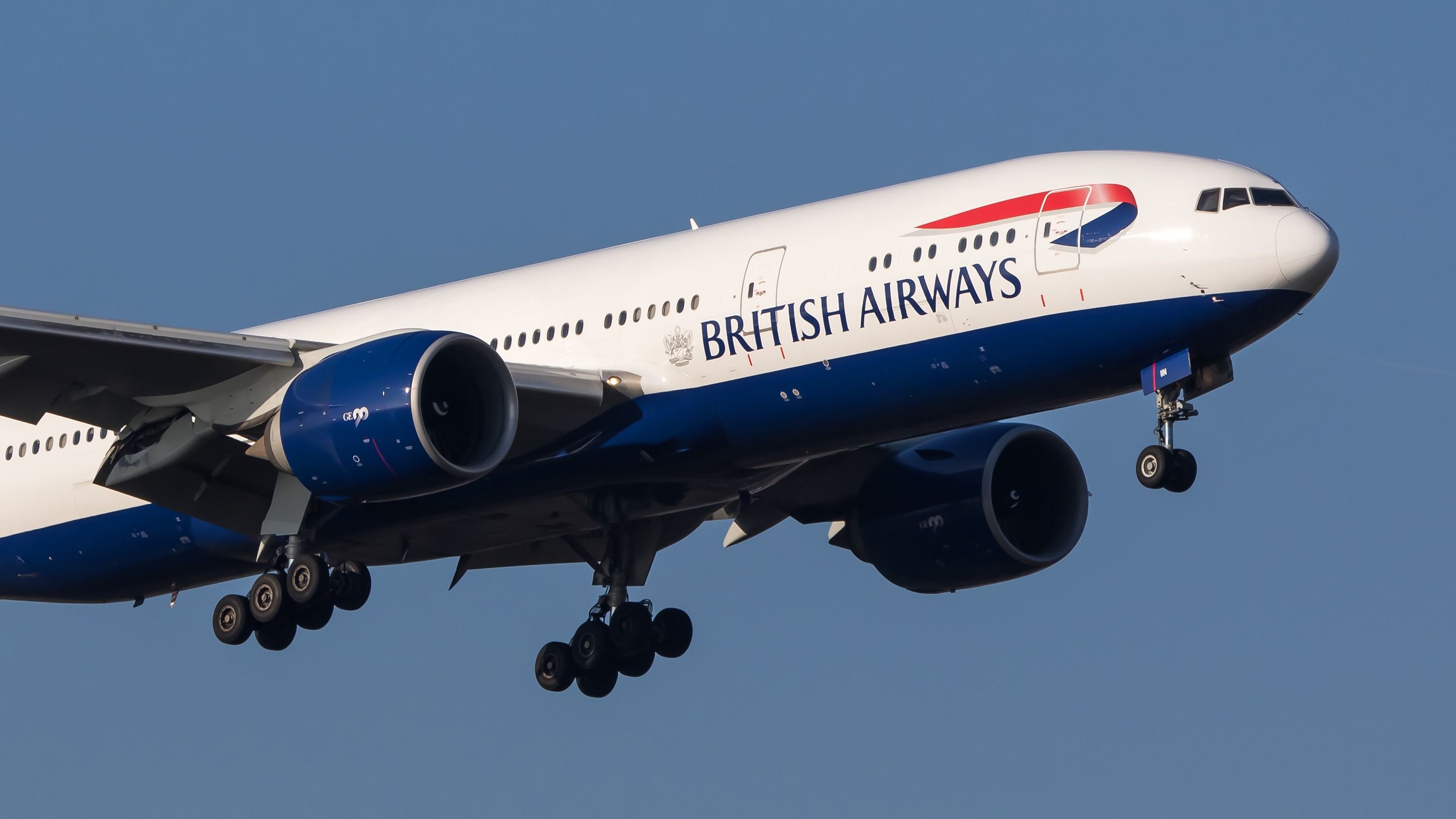
.jpg)
